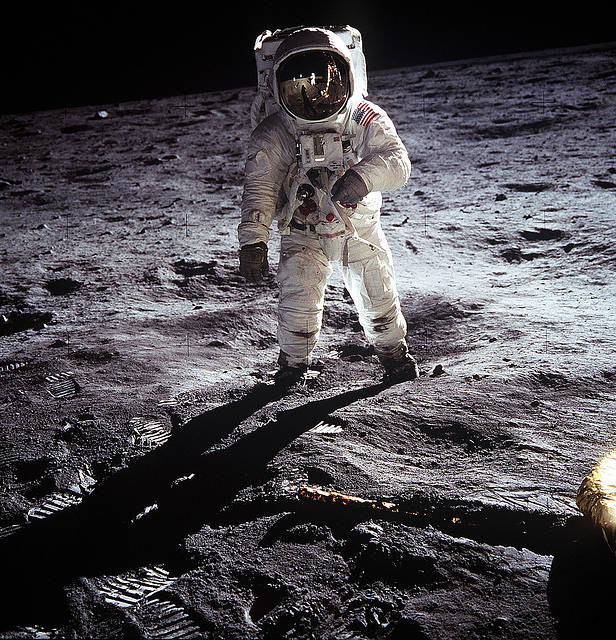As yet another billionaire is set to head into “space” today (this time Jeff Bezos, founder and former CEO of Amazon…the first occurring earlier this month when Richard Branson, founder of Virgin Group, went 50 miles above sea level, technically falling short of the 62 miles that is the common scientific boundary of space), I want to say that it’s a bad idea to let these billionaires decide the future of space exploration.
Yes, it takes lots of money to explore space, and NASA has been doing it successfully on what is basically a shoe-string budget (the 2021 budget being $23.3 billion or 0.5% of the U.S. spending). And these billionaires (another one to be mentioned is Elon Musk, founder and CEO of SpaceX) certainly have the money to fund it.

SpaceX has already begun collaborating with NASA. Together they once again launched astronauts to space from U.S. soil in March 2020, breaking a dry spell of 9 years. SpaceX has also been contracted by NASA to bring astronauts to the moon as part of the Artemis program. These two events are noteworthy because the March 2020 launch was the first time NASA used a commercially built spacecraft and the Artemis program is a precursor to sending humans to Mars.
This is good financially because it means private companies are investing their own money in developing space technology and the financial burden isn’t solely on NASA (see “Why NASA pays SpaceX and Boeing to fly astronauts to the International Space Station”), which as I mentioned above is funded by the government.
So what’s so bad about that?
Well, the collaboration and the launching of billionaires to space can also be seen as the start of space exploration being turned into space tourism. And that’s where things get tricky.
Space tourism is basically when regular people go into space for recreation or business purposes rather than scientific ones (see “The Space Tourism Industry Is Stuck In Its Billionaire Phase”). So anyone with enough money, and right now we’re talking a lot of money (see “When Can I Buy a Ticket to Space? A Guide for Non-Billionaires”), would be able to take a trip to space.
Again, what’s so bad about that?
Well, while there are some international space laws and an Outer Space Treaty, space is still largely unchartered territory when it comes to governance. Largely, it’s been scientific missions to space that have been lead by organizations like NASA and the European Space Agency, which are meticulous and purposeful in their actions there, thinking deeply about how their missions impact Earth and whatever might be out there in space and on other planets.
I, for one, am very uncomfortable with guys like Bezos, Branson, and Musk being the ones to set space agendas, while I also recognize the contributions of a company like SpaceX as an important step in pushing the boundaries of space exploration.
I’ve read and listened to really smart people discuss the idea of billionaires making space their playground. There are a lot of reasons why it’s bad, including knowing why space exploration is important, the history of colonization, and what it actually means to terraform and colonize Mars. And all of that is far too much for one blog post.
So watch this space (see what I did there?) for more on this topic. In the meantime, you can check out “Could we really terraform Mars?” by Paul M. Sutter and “Mars Is a Hellhole: Colonizing the red planet is a ridiculous way to help humanity” by Shannon Stirone.



















